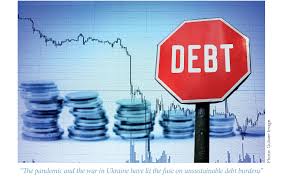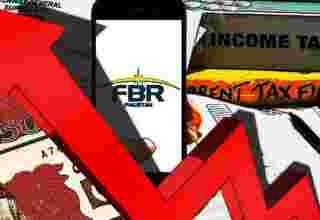Pakistan and the International Monetary Fund (IMF) will hold the final round of economic review talks today, February 9, with the hope of reaching an agreement.
The IMF mission has been in Islamabad since January 31 to sort out the differences over fiscal policy that has stalled the release of more than $1 billion from $6.5 billion bailout package signed in 2019.
Finance Minister Ishaq Dar will lead the Pakistani delegation, while IMF Mission Chief Nathan Porter will lead the IMF delegation.
The talks, which are entering a crucial phase, will focus on energy sector reforms, ending circular debt, and proposed tax measures.
The success or failure of the talks will be determined in the next 48 hours and will impact the release of the ninth tranche of the loan program to Pakistan.
It’s worth mentioning that the IMF continues to have reservations regarding the electricity and gas tariffs, as well as external financing.
The average unit price of electricity in the country is currently around Rs24 and a 50% increase is being demanded to reduce the circular debt.
The government is also prepared to impose new taxes worth Rs180 billion to ensure the continuation of the IMF program and maintain the fiscal deficit in the primary surplus agreed upon in the previous tranche.
It should be noted that if agreement is not reached, the extension of negotiations is not out of the question.
This development is considered crucial for the future of Pakistan’s economy.
The IMF Economic Review Mission has been in the country for the past 10 days and, as scheduled, the IMF team may depart today.
This highlights the challenges that Pakistan continues to face in terms of meeting the conditions set by the IMF for the release of the ninth tranche of the loan program. Despite the ongoing negotiations and discussions with the Pakistani government, the IMF’s reservations on key economic issues remain intact.
Increasing sales tax
As the government looks to increase revenue, it is also considering limiting the development budget to Rs327, a reduction of more than 50% from Rs727 billion in the annual budget.
In addition, the government is evaluating a proposal to raise the general sales tax rate from 17% to 18%.

























